Introduction to Kabale University:
Introduction and Overview
Establishment: Founded as a private institution in 2001, it became a public university in 2015.
Student size: The number of students in 2024 is 6,661.
Campus location: The main campus is located in Mount Kikunjiri, Kabale, Uganda, covering an area of 52 hectares, about 409 kilometers from the capital Kampala.
History: Established by stakeholders in the Kigezi region in 2001, accredited by the Uganda National Higher Education Commission in 2005, and became the first university in Uganda to be converted from private to public in 2015.
School Strength
Faculty: There are more than 400 administrative staff and a professional teaching and research team to provide students with high-quality education and guidance.
Social impact: It plays an important role in the education, economic and social development of Uganda and East Africa, and has trained a large number of professional talents.
Institutional nature: Public university.
Educational philosophy: Committed to contributing to the socio-economic development of Kigezi, Uganda, East Africa and Africa as a whole through accessible training, research and decentralized services, using a participatory and inclusive approach.
Key laboratories and disciplines: No clear information on key laboratories is available. Key disciplines cover medicine, agronomy, engineering, education, social sciences and other fields, such as Bachelor of Medicine and Bachelor of Surgery, Bachelor of Agriculture and Land Use Management, Bachelor of Civil Engineering, Bachelor of Education and other professional courses.
Faculties and colleges: There are medical schools, colleges of arts and social sciences, colleges of computing, library and information science, colleges of engineering, technology, applied design and fine arts, colleges of education, colleges of science, colleges of economics and management sciences, colleges of agriculture and environmental sciences, colleges of languages, colleges of tourism and hotel management, and colleges of law.
Ranking: There is no exact international or regional authoritative ranking data, but as a public university in Uganda, it has a certain status and influence in the local education field.
Fees: Tuition fees vary by course, and there is no specific data yet, but as a public university, it usually has a relatively reasonable fee standard, and may provide scholarships and other funding to eligible students.
Campus Environment
Library: There is the Mkombe Library, which is the first and oldest library of the school.
Other facilities: It has modern laboratories, dormitories, sports facilities, etc., providing students with good learning and living conditions, as well as various student clubs and societies, and rich campus cultural life.
-
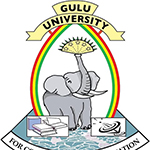
Gulu University
-

Bishop Stuart University
-

Uganda Christian University
-
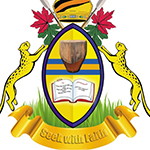
Busoga University
-
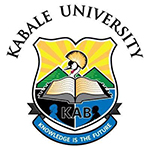
Kabale University
-
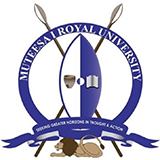
Muteesa I Royal University
-
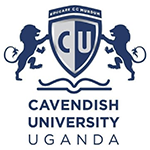
Cavendish University Uganda
-

International Health Sciences University
-
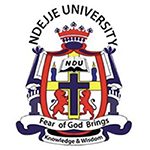
Ndejje University
-
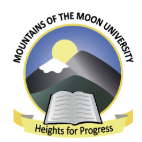
Mountains of the Moon University
-

Mesoamerican University
-

Istmo University
-

Mariano Galvez University of Guatemala
-

Regional University of Guatemala
-

Galileo University
-

Francisco Marroquín University
-

Rafael Landívar University
-

University of the Valley of Guatemala
-

University of San Carlos of Guatemala
-

Technological Institute of Tlaxcala Plateau
-

Golfo University
-

Technological University of South Sonora
-

Technological University of Huejotzingo
-

Tizimín Institute of Technology
-

Chilpancingo Institute of Technology
